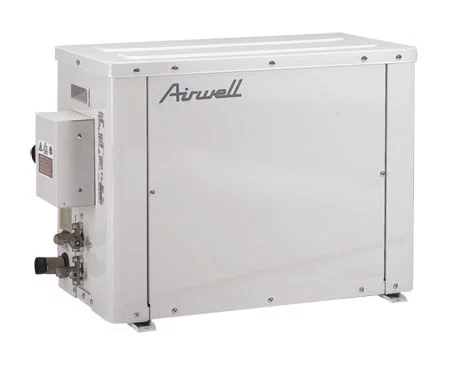Air conditioning has multiple benefits for your home or business including removing allergens, increasing productivity, ensures staff comfort and well-being, and can be up to 30% more energy efficient.
Call us on: 0800 085 7510
Air conditioning has multiple benefits for your home or business including removing allergens, increasing productivity, ensures staff comfort and well-being, and can be up to 30% more energy efficient.
We specialise in personalised design, installation and maintenance of high efficiency inverter energy rated ‘A’ fixed system air conditioning units. Every project is tailored to meet the specific requirements of your business or property.
We can offer extended warranties for peace of mind for you as authorised and approved installers for Mitsubishi air conditioning, Fujitsu air conditioning and Panasonic air conditioning systems.
We are fully qualified to deal with all types of air conditioning including:
We work on residential properties, small business, and large-scale air-conditioning systems across the North West, North Wales, and the Midlands.
Get in touch to book an appointment with our air conditioning engineers today.

We design your air conditioning in house to your personal specifications ensuring you only pay for what you need.
We use the latest software including Auto-Cad to create a 3D duct work design to ensure a seamless installation.
Our highly qualified and experienced air conditioning engineers are fully trained, BESA approved and compliant to provide you with a certificate after completion.
We have our own in-house skilled air conditioning engineers who have a wealth of experience in this field of engineering and will support you from the beginning to the end of any project.
We have over 50 years’ of knowledge and expertise in the HVAC industry.
Our engineers will attend your site in sign-written vehicles and wearing company uniform with full Personal Protection Equipment (PPE).
We guarantee your air conditioning system will meet the requirements of UK Legislation, such as HSG258 (Health and Safety Guidance) and BOHS (British Occupational Hygiene Society).
Our experienced air conditioning engineers will visit your premises to discuss your requirements and advise on new installations, stripping out of old air conditioning systems, retrofits, or upgrades of any existing systems.
We’ll provide you with a quick and transparent quote based on your air conditioning needs.
We create a 3D design based on your specific requirements to enable you to visualise your new air conditioning system.
Our experienced and qualified air conditioning engineers carry out a risk assessment to ensure a quick and safe installation.
After the installation, our after sales staff will offer preventative planned maintenance schedule, which will prolong the life and efficiency of your new air condition system.
We also offering servicing, cleaning, and maintenance, so you don’t have to do anything except call us.